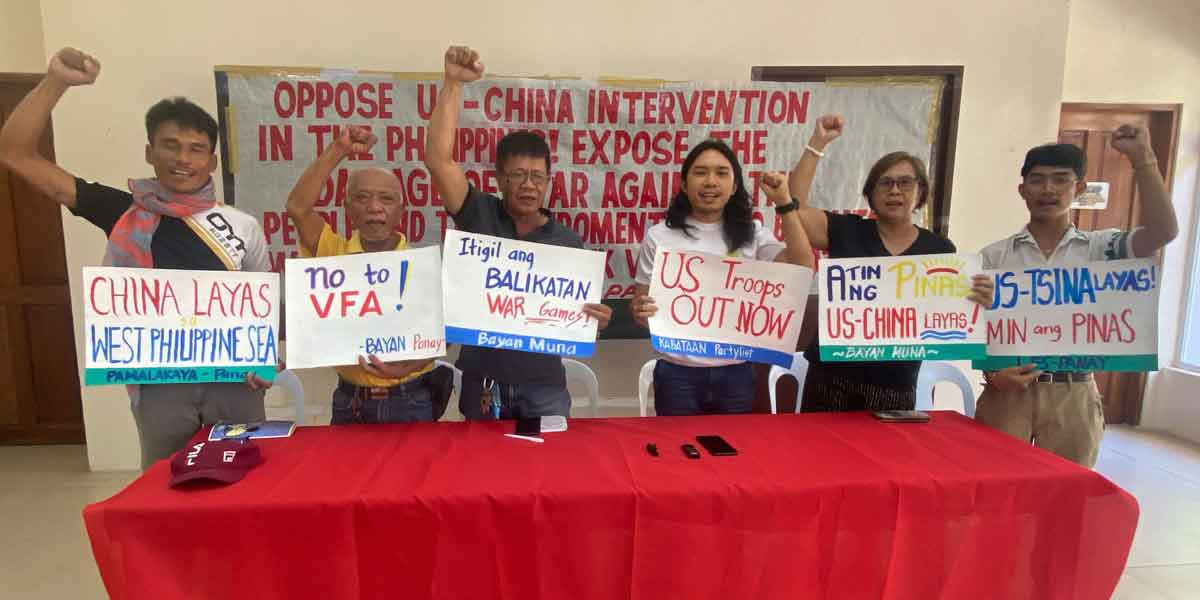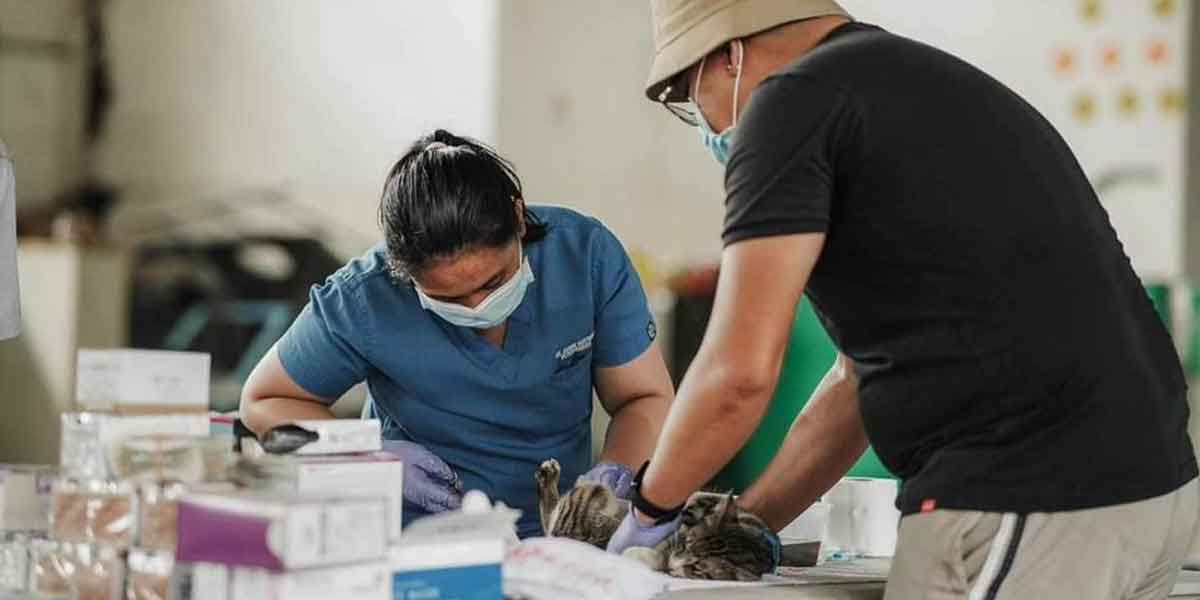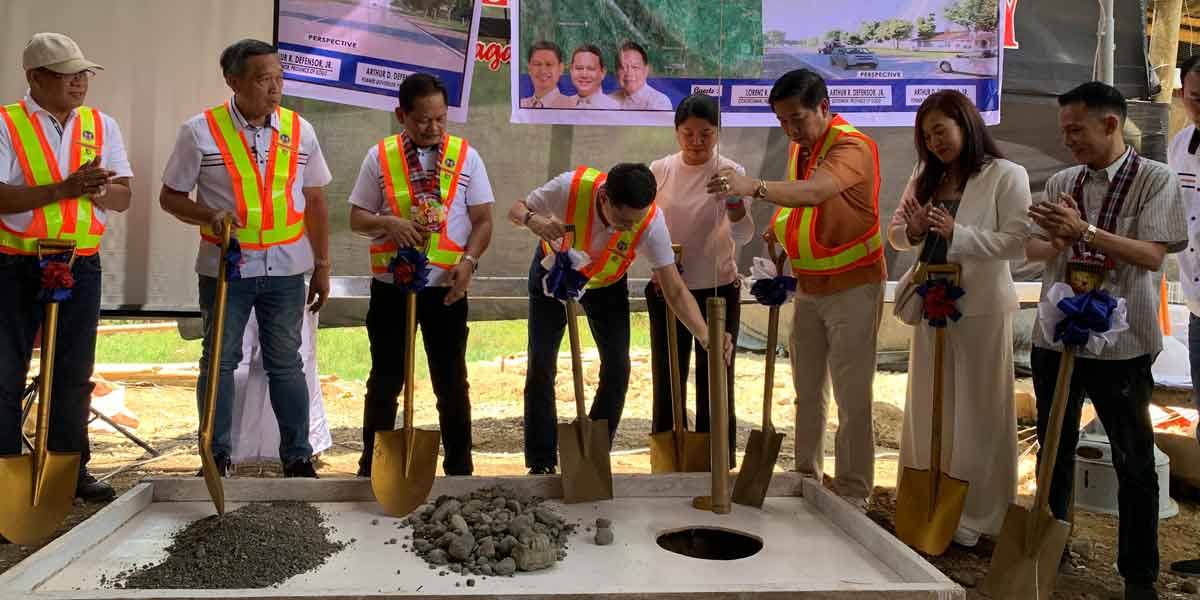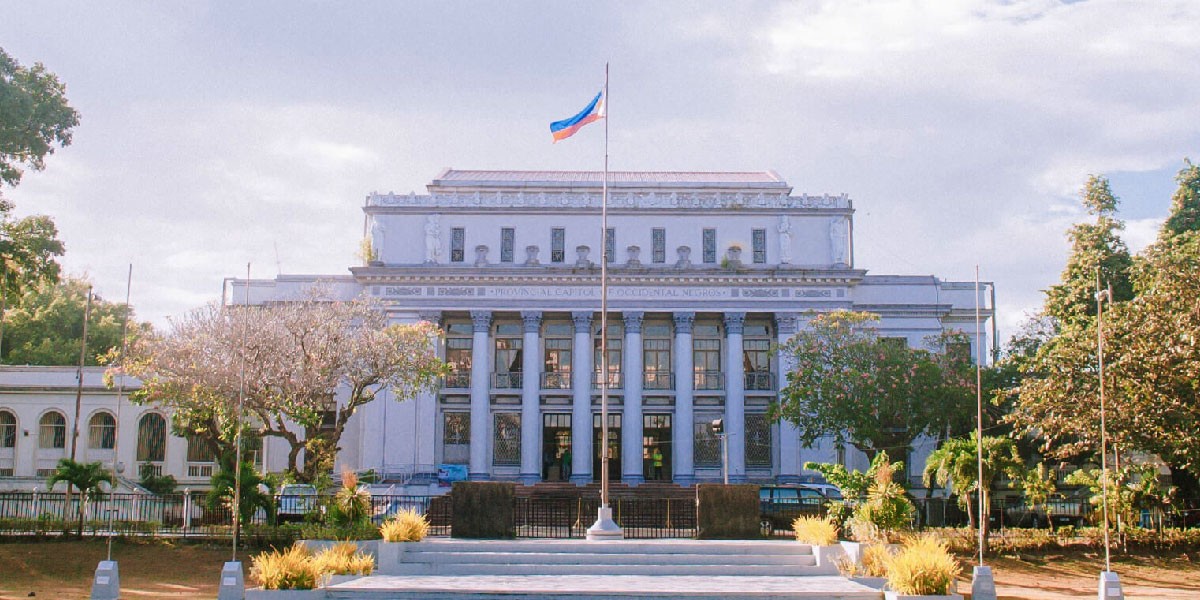
By: Juan Jeiel Edillon
The Department of Agriculture – Agricultural Training Institute (DA-ATI) in Region VI introduced new approaches to improve extension programs to address the declining trend of agricultural production.
Agriculture, Hunting, Forestry, and Fisheries (AHFF) accounts for 17.2% of Region VI’s produce, and the output decrease was seen as a factor in the slowdown in gross regional domestic product (GRDP) growth from 8.6% in 2017 to 6.1% for 2018.
Agricultural crop output in Region VI fell by 3.12% in the first quarter of 2019, according to a report from the Philippine Statistics Authority (PSA).
The National Economic and Development Authority (NEDA) Regional Office VI attributed the decline to several factors such as unpredictable weather patterns, urbanization of agricultural lands, the global increase of sugar prices, and low production capability of farmers.
Also, a national study by NEDA on the Out-migration in Philippine Agriculture found out that more and more Filipinos are leaving the agriculture sector in light of challenges that they face, such as unstable income, high input cost, limited access to finance, and low selling prices of crops.
According to NEDA-VI, this trend will have to change if the region wants to hit its growth targets.
“We hope to be able to reach a growth rate higher than 6.5% because that is what we need in order to make a dent in the economy,” said NEDA-VI Regional Director Ro-Ann Bacal in her regional socio-economic report for 2018.
She also noted the need to focus on AHFF.
In response, DA-ATI Region VI, one of the front-line implementing regional agencies for agriculture programs and policies, decided to focus extension programs on ways to improve farmer productivity by providing them with modern farming machines, access to better quality crops, and access to credit through financial training.
As of today, DA-ATI Region VI has conducted 120 different extension and training programs.
“ATI continues to explore various strategies to improve its efforts as the extension and training arm of the DA,” DA-ATI Region VI Regional Director Eden Delos Reyes Bautista said.
Bautista said they need to do more as farmers need to deal with unstable weather patterns.
“At this point in time, it’s the natural and man-made calamities that count a lot. Farmers may have all the resources, but if nature won’t allow it, all they can do is minimize [losses], that’s why we have Smart Agriculture and Climate Resilient Agriculture,” she added.
The focus of these programs is small farmers in Region VI who cannot compete with farmers from other regions and countries.
“If you look at the productivity of our sugarcane, masyado mababa pa, compared to our counterpart sa Luzon, and even so much more sa Thailand. The reason being masyado tayong manual pa,” Director Bacal said.
As 2019 comes to a close, NEDA-VI and DA-ATI Region VI are hoping that the extension programs this year will improve AHFF in Western Visayas.


















